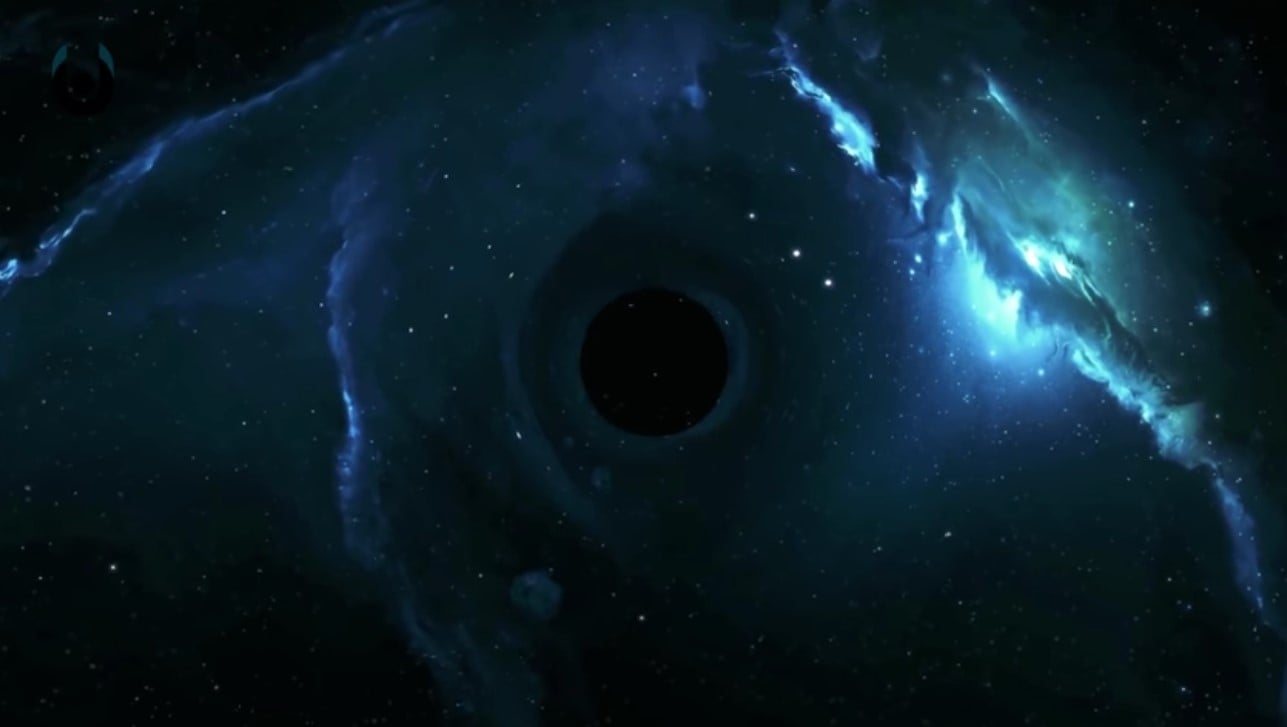Black holes can be in one of two states. Dormant black holes are sleeping, as the state suggests, but active black holes can’t stop swallowing nearby stars and smaller galaxies. Scientists have now detected a supermassive black hole which spins incredibly fast since it devoured a nearby star. In fact, the huge black hole is spinning at 50% the speed of light, according to the researchers who recorded the observations.
The supermassive black hole known as ASASSN-14li left bits of the devoured star behind, which allowed scientists to measure and calculate its rotation rate.
“This black hole’s event horizon is about 300 times bigger than the Earth,” study co-author Ron Remillard of the Massachusetts Institute of Technology (MIT) said in a statement. “Yet the black hole is spinning so fast it completes one rotation in about two minutes, compared to the 24 hours it takes our planet to rotate.”
The supermassive black hole which spins incredibly fast is in the heart of a galaxy located 290 million light years away from Earth. Researchers say it’s almost as heavy as the black hole in our own galaxy’s center.
The supermassive black hole was detected in November 2014 after it devoured a star which was too close to it, resulting in an explosion which was spotted by astronomers using optical telescopes called the All-Sky Automated Survey for Supernovae.
The new study on the black hole will be published in the journal Science, and it’s currently available as an online preprint on arXiV. MIT scientist Dheeraj Pasham led the study. The team observed x-rays emitted from the ASASSN-14li system. After the instruments received the data, the scientists analyzed it and found a consistent flickering. They said that flickering indicates that the supermassive black hole spins incredibly fast with x-ray emissions oscillating every 131 seconds. The scientists believe the signals are likely caused by leftover material from the star that was torn apart by the black hole.
“The fact that we can track this region of bright X-ray emission as it circles the black hole lets us track just how quickly material in the disk is spinning,” Pasham said. “That gives us information about the spin rate of the supermassive black hole itself.”
However, this black hole’s spin is not an exception, as the same neighborhood in outer space hosts black holes capable of spinning between 33% and 84% the speed of the light. In addition to being published in the scientific journal, the results were also presented on Wednesday at the 233rd meeting of the American Astronomical Society (AAS) in Seattle. This study is particularly interesting to researchers around the world because they may be able to determine what’s causing such a fast spin and possibly even the secret of how supermassive black holes grow.





